The Formula 1 paddock is abuzz with seismic shifts as Red Bull, Ferrari, and Williams chart paths that could redefine the sport’s landscape. Red Bull Racing’s decision to elevate Liam Lawson over Yuki Tsunoda has sparked debates, Max Verstappen’s hints about a possible departure from the team have left fans speculating, and Ferrari’s strategic recruitment of Lewis Hamilton aims to end their championship drought.
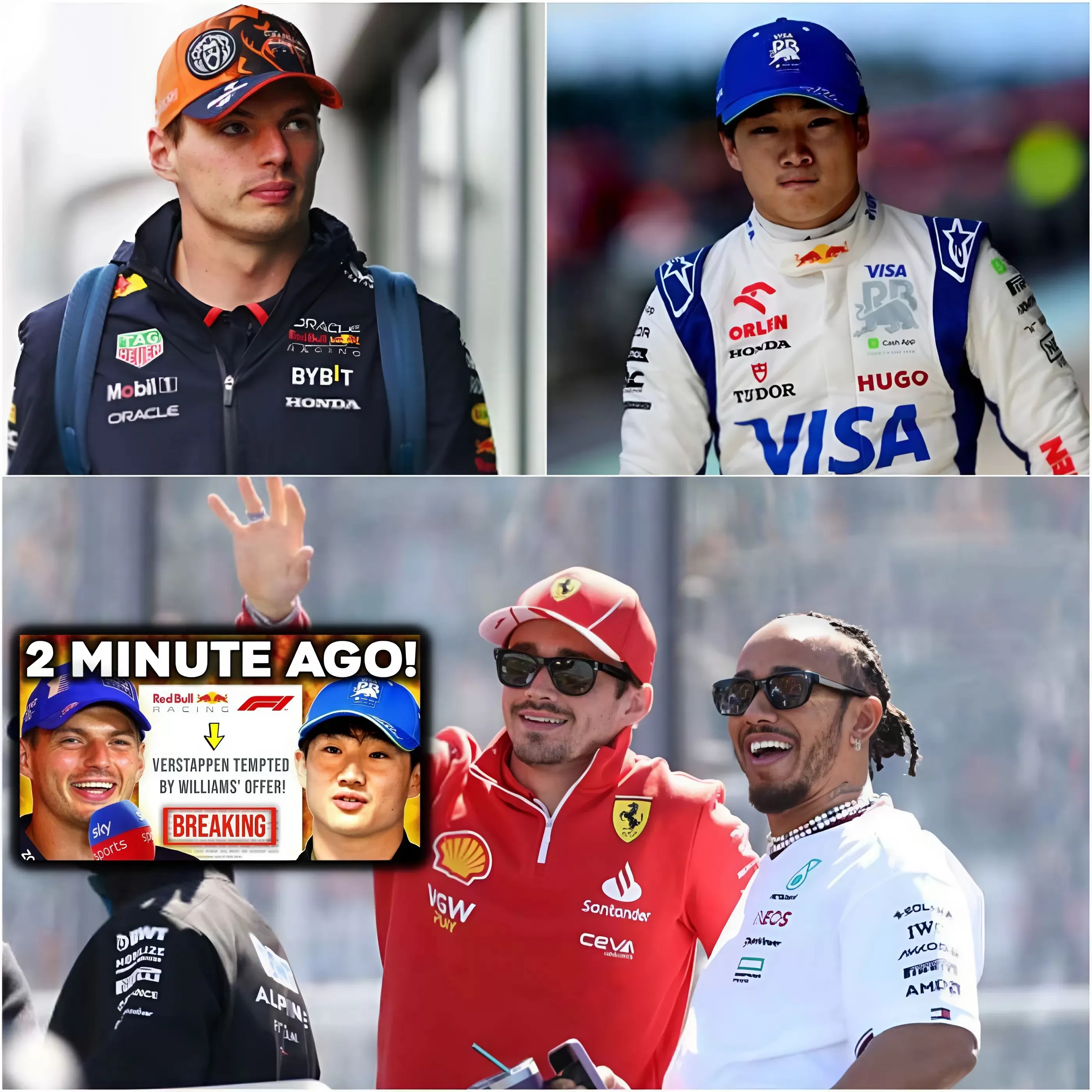
Red Bull’s promotion of rookie Liam Lawson, bypassing the more experienced Yuki Tsunoda, marks a pivotal moment in their driver lineup. Despite having only 11 Grands Prix under his belt, Lawson will now partner four-time world champion Max Verstappen. Red Bull advisor Dr. Helmut Marko cited Lawson’s mental fortitude and untapped potential as the primary reasons for the move. According to Marko, “With his mental strength, Lawson is the one most likely to hold his own alongside Max.” While acknowledging Tsunoda’s raw speed, Marko criticized his inconsistency and emotional temperament, highlighting that Lawson’s overall package made him the better choice.
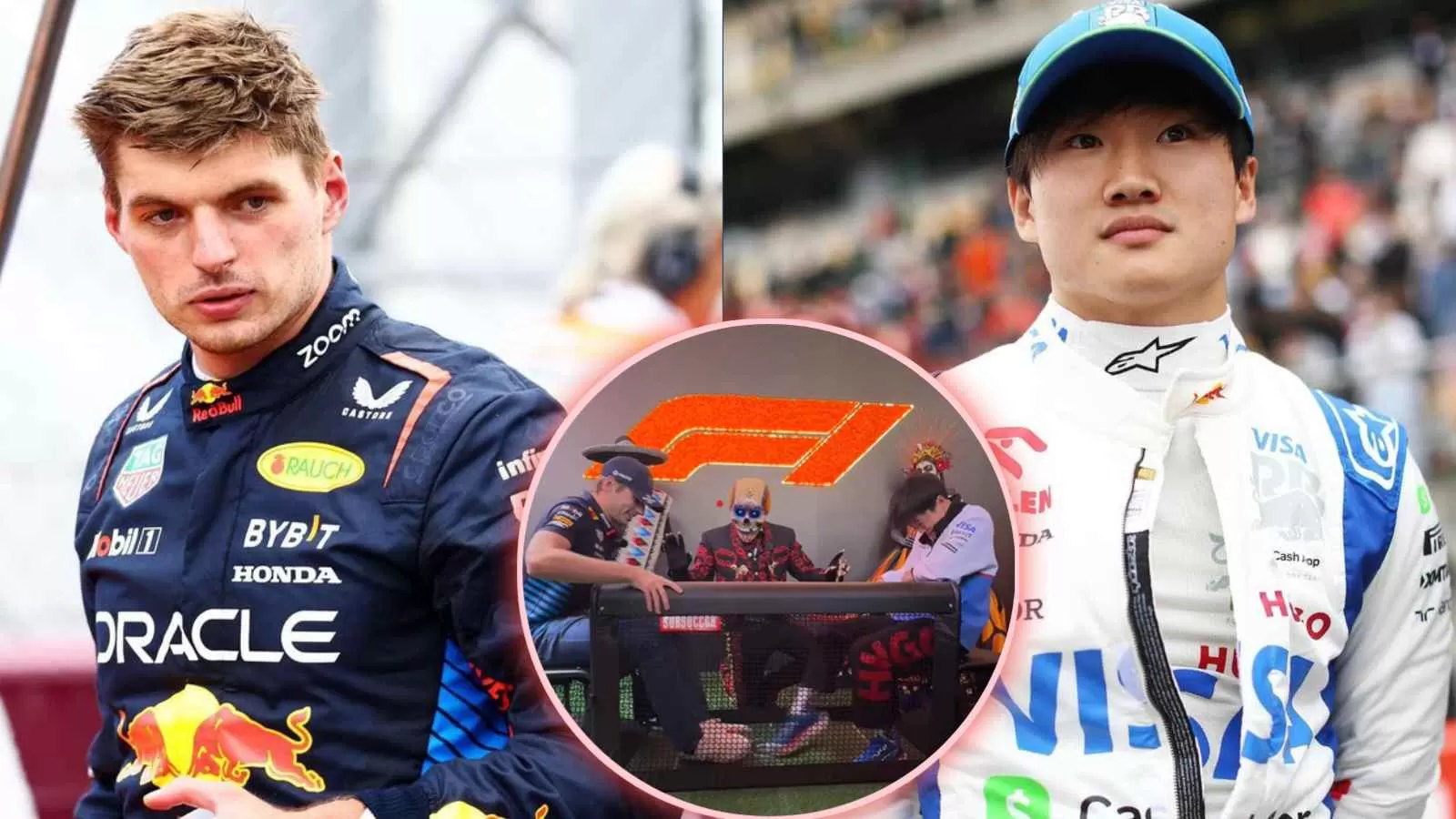
This decision reverberates through Red Bull’s talent pipeline, as French driver Isack Hadjar steps up to make his Formula 1 debut in 2025. Hadjar, who narrowly missed the Formula 2 title, impressed during a recent test by outperforming Tsunoda. Red Bull team principal Christian Horner lauded Hadjar’s potential but acknowledged his impulsive nature, predicting challenges ahead. Nevertheless, Red Bull’s commitment to promoting homegrown talent remains unwavering.
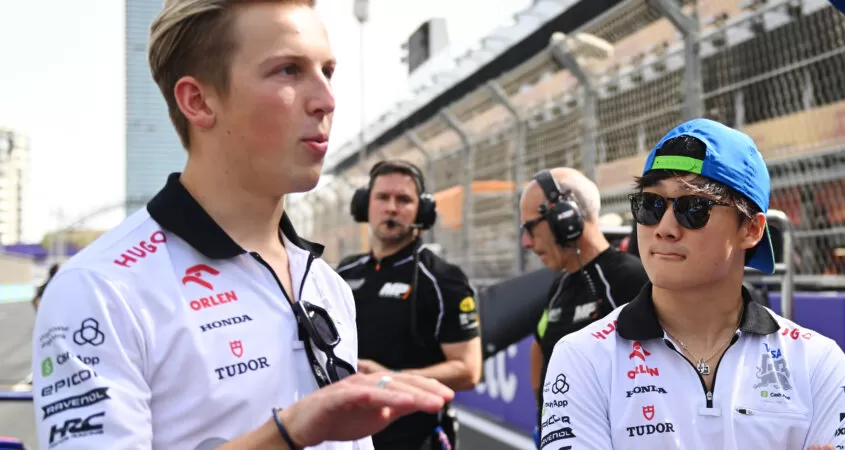
Meanwhile, Max Verstappen’s dominance with Red Bull has not quelled whispers of a potential move. The Dutchman, under contract until 2028, has expressed openness to exploring opportunities outside Red Bull. Verstappen’s candid remarks about Williams—a team undergoing a resurgence under James Vowles and backed by Dorilton Capital—have caught many off guard. Analysts suggest Williams could become a competitive force by 2026, fueled by regulatory changes and substantial investment.
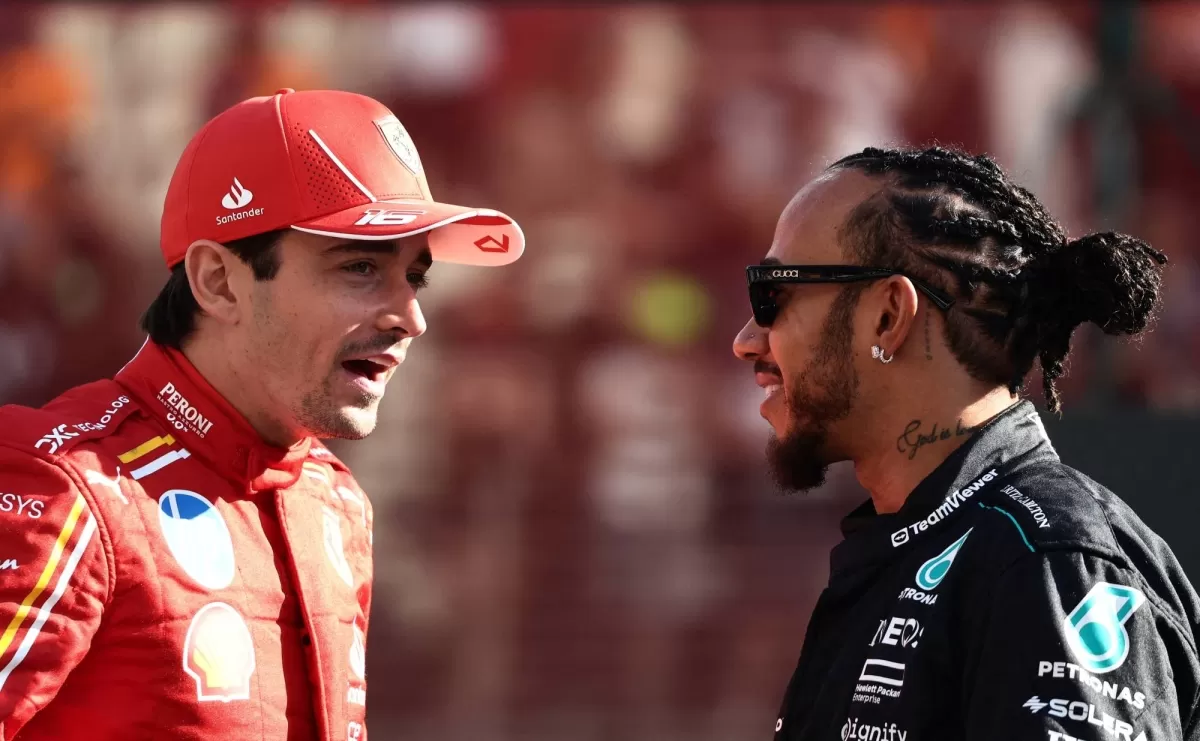
Adding to the intrigue, Verstappen’s ties to Honda and his history with Adrian Newey, who recently joined Aston Martin, further complicate his future. Aston Martin’s transition to Honda power and their ambitious plans for 2026 make them another potential destination for Verstappen. However, the reigning champion has also hinted at early retirement, emphasizing that a loss of competitive edge could prompt him to step away from Formula 1 altogether.
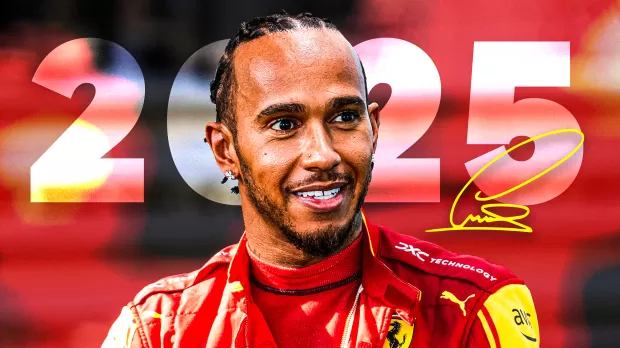
Ferrari, meanwhile, has made headlines with their high-stakes acquisition of Lewis Hamilton for the 2025 season. After a 12-year tenure with Mercedes, the seven-time world champion joins the Scuderia with hopes of ending their 16-year title drought. Ferrari team principal Fred Vasseur praised Hamilton’s “champion DNA,” emphasizing the value of his experience and strategic insight. “It’s not just about speed,” Vasseur noted. “Hamilton brings years of success with top-tier teams, and his expertise will be invaluable in our push for championship glory.”
Hamilton’s pairing with Charles Leclerc creates a formidable driver lineup, but it also raises questions about team dynamics and Ferrari’s ability to deliver a competitive car. Vasseur expressed confidence in Hamilton’s integration into Ferrari’s system, highlighting his professionalism and adaptability.
As Formula 1 braces for sweeping changes in 2026, including new chassis and power unit regulations, teams are positioning themselves for success in a potentially transformed competitive landscape. Red Bull’s in-house powertrain project represents both a bold vision and a significant gamble, particularly as rivals Mercedes and Ferrari boast decades of engine expertise. Adrian Newey’s departure adds further uncertainty for Red Bull, while Verstappen’s loyalty will undoubtedly hinge on the team’s ability to maintain its dominance.
In contrast, Williams’ steady ascent, Ferrari’s ambitious recruitment, and Aston Martin’s strategic maneuvers underscore a broader shift in Formula 1. Teams are not just betting on technology but also on drivers who bring a blend of talent, resilience, and championship-winning pedigree.
These dramatic developments set the stage for an electrifying future in Formula 1. As fans eagerly await the next chapter, the only certainty is that the sport’s ever-evolving narrative continues to captivate and inspire





